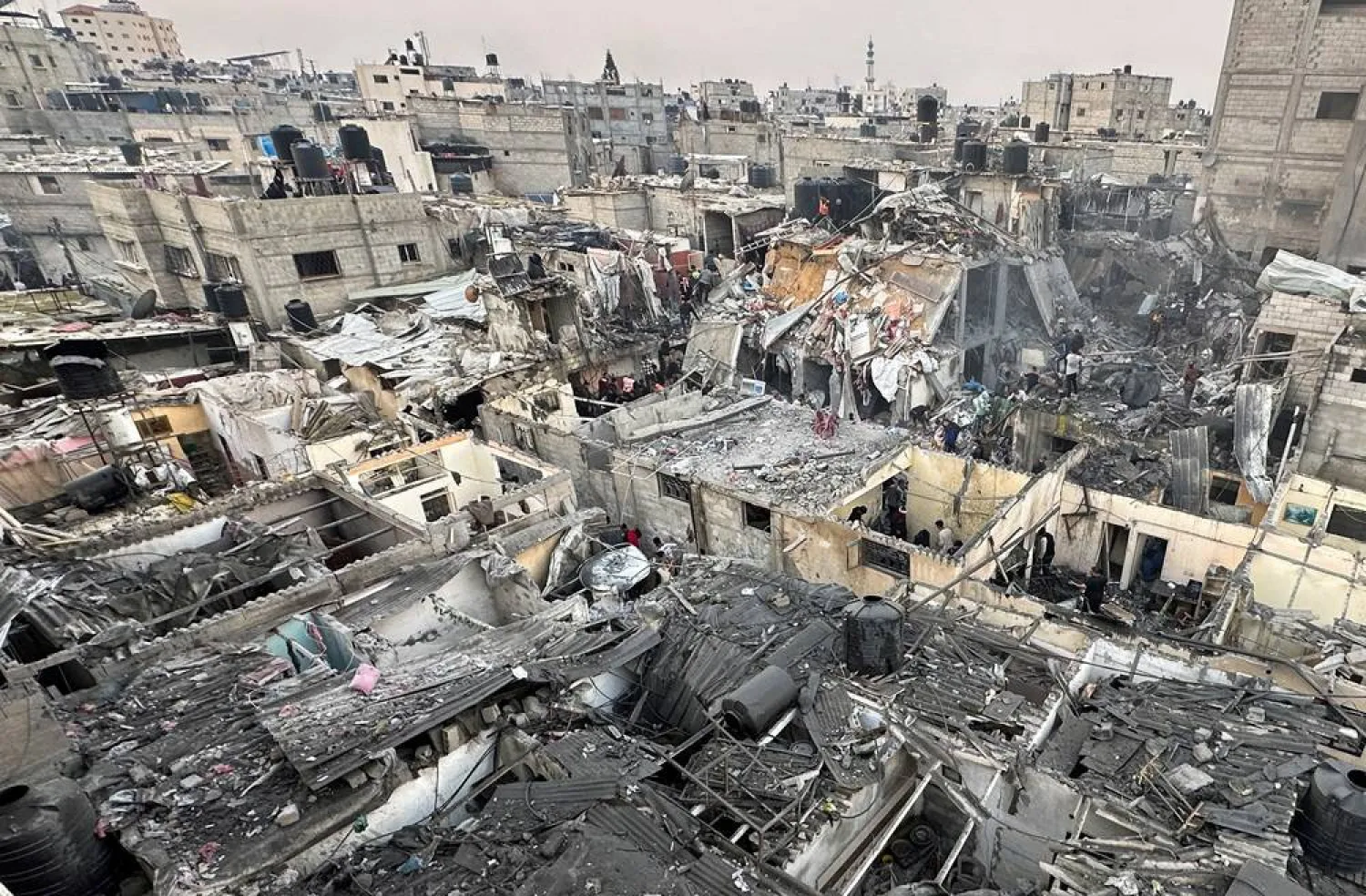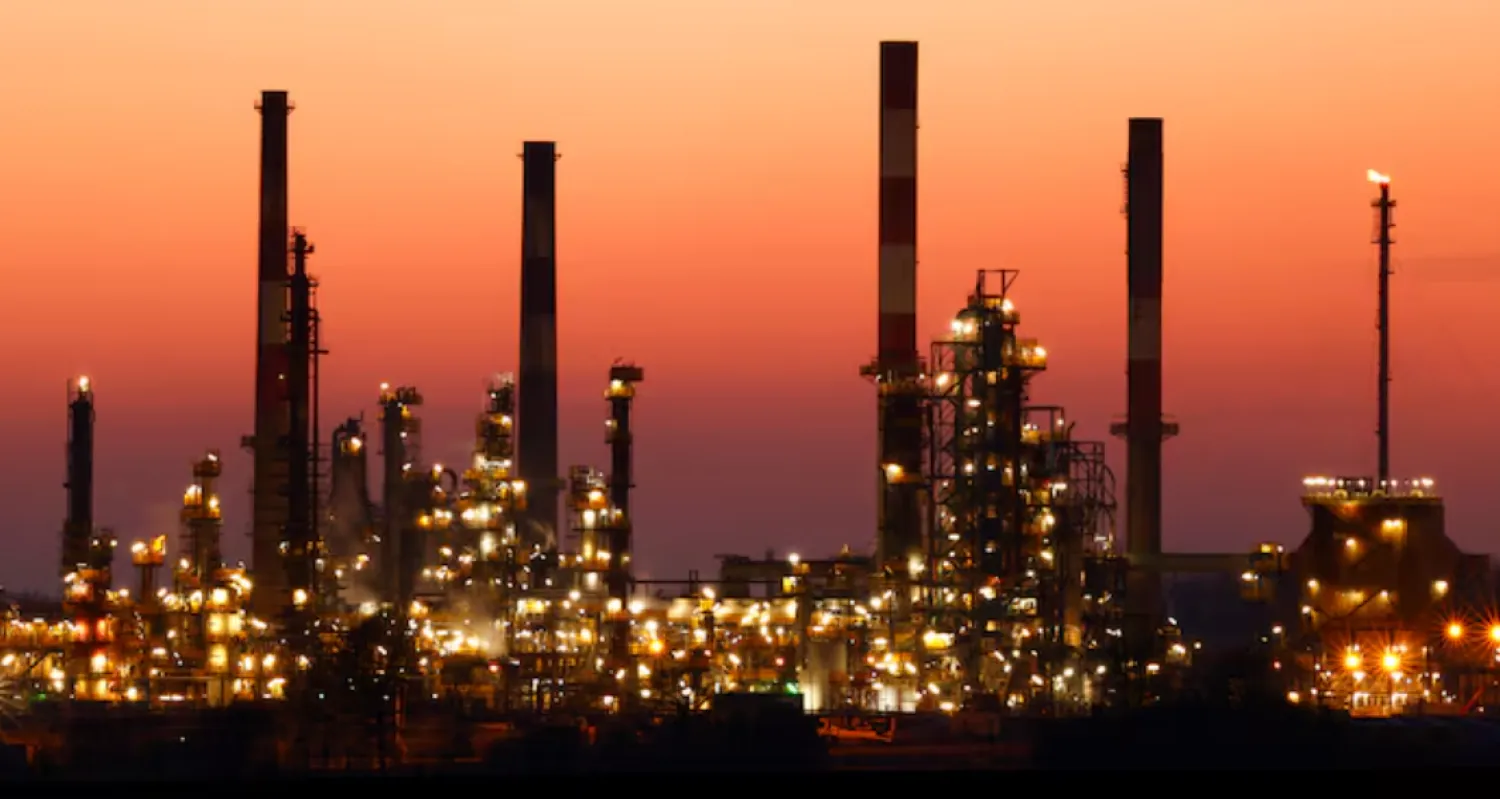It could take until the closing years of the century for Gaza's economy to regain its pre-conflict size if hostilities in the Palestinian enclave were to cease immediately, the UN trade body said in a report published on Wednesday.
Israel's offensive in Gaza in the wake of attacks by Hamas gunmen on Oct. 7 have killed more than 26,000 people, according to local authorities, and decimated infrastructure and the livelihoods of its 2.3 million inhabitants.
The United Nations Conference on Trade and Development said the conflict had precipitated a 24% contraction in Gaza's GDP (gross domestic product) and a 26.1% drop in GDP per capita for all of 2023.
UNCTAD said that if the military operation were to end and reconstruction to start immediately - and if the growth trend seen in 2007-2022 persisted, at an annual average rate of 0.4% -- Gaza could restore its pre-conflict GDP levels in 2092.
At best, under a scenario that GDP could grow at 10% annually, it would still take Gaza's GDP per capita until 2035 to reach the level of 2006, before Israel in 2007 made permanent a land, sea and air blockade citing security concerns.
"It will take until 2092 for Gaza to go back to its 2022 level, which wasn't at all a good place for people in Gaza," said Rami Allazeh, an economist who works on the Occupied Palestinian Territories at UNCTAD.
"I think the main takeaway from the report is that the level of destruction that we're witnessing in Gaza is unprecedented. It's going to take a lot of efforts from the international community for the rebuilding and recovery in Gaza."
UNCTAD said that in order to recover following a previous Israeli military intervention in Gaza in 2014, the enclave needs stood at around $3.9 billion. Those needs would be significantly higher following the current conflict, it said.
"Given the level of destruction and the intensity of the damages we're witnessing currently in Gaza, and that the military operation is still ongoing, the number required for recovery in Gaza will be multiple times the $3.9 billion required after the 2014 war," Allazeh said.
Gaza's economy had been in a shambles even prior to the conflict due to the Israeli economic blockade, with the enclave's economy contracting 4.5% in the first three quarters of 2023, according to UNCTAD estimates.
Two-thirds of the population lived in poverty and 45% of the workforce were unemployed before the conflict. As of December, unemployment had surged to a staggering 79.3%, UNCTAD said.
"I don't think the international community or the people in Gaza can afford decades of humanitarian catastrophe," Allazeh said.
"Gaza needs to be part of the development agenda rather than being treated as a humanitarian case."









